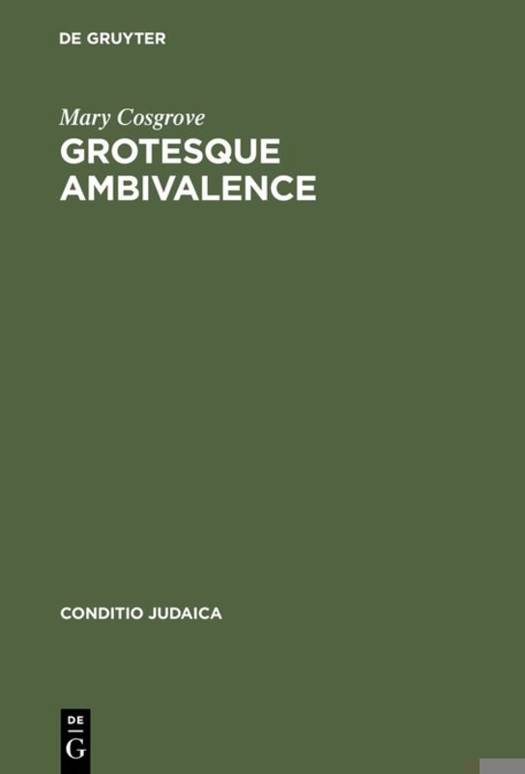
- Retrait gratuit dans votre magasin Club
- 7.000.000 titres dans notre catalogue
- Payer en toute sécurité
- Toujours un magasin près de chez vous
- Retrait gratuit dans votre magasin Club
- 7.000.0000 titres dans notre catalogue
- Payer en toute sécurité
- Toujours un magasin près de chez vous
Description
The focus of this volume is the prose work of the Austrian-Jewish writer Albert Drach (1902-1995). The author explores Drach's critique of totalitarian culture by examining his representations of power and powerlessness, identity and difference, along with cultural processes of exclusion. Drawing on areas as diverse as psychoanalysis, the grotesque and post-colonial theory, this study identifies a significant discursive difference between Drach's shorter fictional prose and the Holocaust trilogy. Drach's highly original linguistic dexterity, his much-discussed 'protocol style', offers a sophisticated critique of the relationship between power, insubordination and capitulation. This is the first English language study dedicated to the complex prose of Albert Drach. It is of interest to students and scholars of Austrian literature, German-Jewish literature as well as Exile and Holocaust Studies.
Spécifications
Parties prenantes
- Auteur(s) :
- Editeur:
Contenu
- Nombre de pages :
- 236
- Langue:
- Anglais
- Collection :
- Tome:
- n° 49
Caractéristiques
- EAN:
- 9783484651494
- Date de parution :
- 31-01-05
- Format:
- Livre relié
- Format numérique:
- Genaaid
- Dimensions :
- 156 mm x 234 mm
- Poids :
- 512 g

Les avis
Nous publions uniquement les avis qui respectent les conditions requises. Consultez nos conditions pour les avis.






